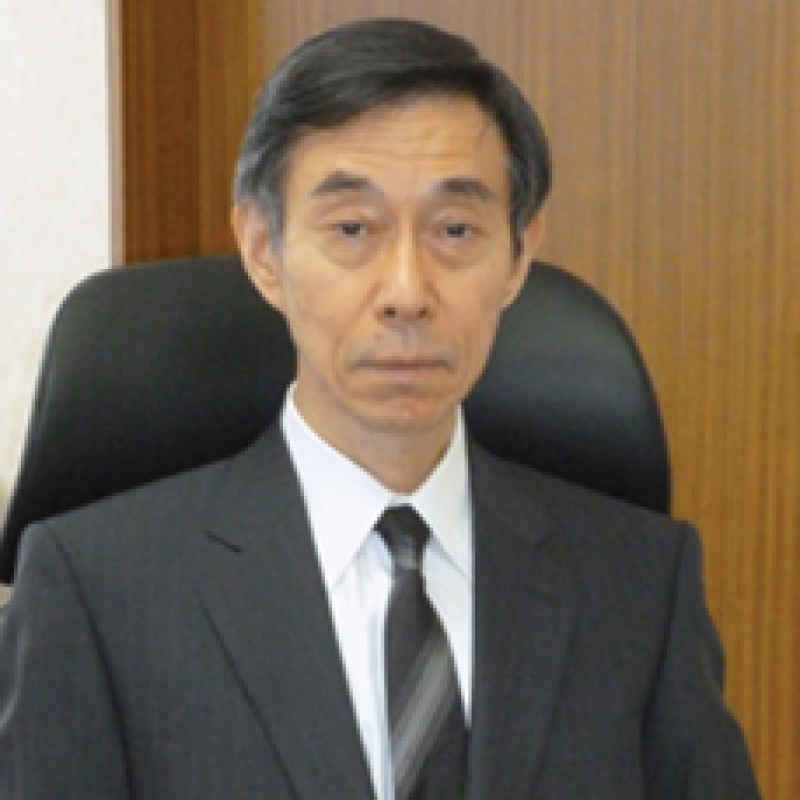
Iimura, who was visiting the UK, spoke about various aspects of the Japanese system, including the court framework, appeal processes, streamlining infringement and invalidity hearings, remedies, amicus briefs, preliminary injunctions and costs. As he said himself, it was a lot to cover in his hour-long presentation.
The IP High Court was established in 2005 in recognition, Iimura said, of the need for “a high quality judicial system” and the speedy resolution of IP disputes. He has been chief judge since 2012 and was interviewed in Managing IP in August of that year.
In 2012, there were 567 IP cases before the district courts in Japan, 155 of them to do with patents. The IP High Court had 146 appeal cases from the district courts (58 of them patent-related) and 457 cases arising from JPO appeals/trial decisions. These and other facts are included in his detailed slides, available on the UCL website.
One of the points Iimura emphasised was what he called the “active involvement of judges” in promoting settlements, often at the preliminary injunction stage (where the product has a short lifespan) or based on a tentative view by the judge that infringement is either likely or not. As he said, a negative finding can incentivise either the plaintiff or defendant to seek to settle the dispute.
Of course, he’s not the first judge to sing the praises of settlements and other alternatives to litigation. As my colleague Emma Barraclough wrote here last week, UK judge Mr Justice Arnold spoke in favour of mediation at a seminar last week; Emma has also interviewed the chair of OHIM’s Boards of Appeal about his mediation initiatives). Last year, US District Court Judge Lucy Koh famously urged lawyers for Apple and Samsung to settle their dispute and avoid further litigation.
Perhaps it’s ironic that judges, whose livelihood depends on court disputes, should encourage parties to get out of court. But of course all over the world there is a recognition that much litigation is expensive, time- and resource-consuming and ultimately destroys corporate value. Judges who promote the amicable resolution of disputes are acting in their own courts’ best interests and those of society at large.
But during the reception following Iimura’s presentation last night, I heard some dissenting voices. It’s not for judges to tell parties how to behave, particularly at the early stage of proceedings and given that many disputes involve multiple cases in different jurisdictions, said one lawyer. Another added that judges should focus on making the litigation process more efficient and transparent, and leave lawyers to worry about the dynamics of a dispute. Indeed, Iimura himself pointed out that one of the downsides of mediation is that can drag on as there are no court-imposed deadlines.
What do readers think? Is it for judges to actively encourage parties to settle, or should they stick to the issues in the courtroom and leave wider matters to the lawyers and parties involved in the case?









